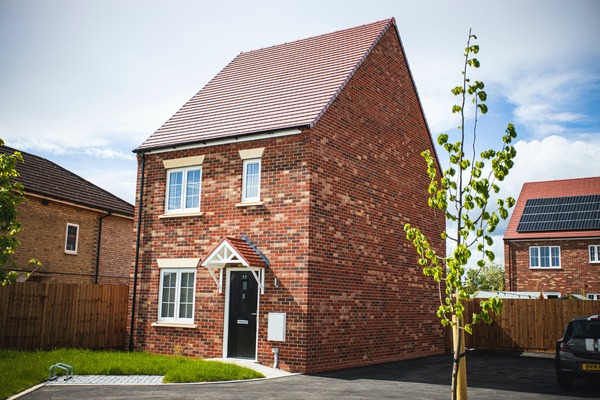Can I Rent Out My Home to Buy Another?

How does renting a home affect property purchase eligibility? What’s the deal with let-to-buy finance, and how difficult is it to qualify for let-to-buy mortgages?
Perhaps the best way to get to grips with this surprisingly common scenario is to consider the let-to-buy concept in a typical working example.
Let-to-buy in practice
Let’s say you and your partner currently occupy a property you purchased five years ago at a price of £200,000. Over the years, the market value of the property has increased to approximately £350,000. For whatever reason, you’ve decided to relocate, and you’ve got your eye on a smaller property on the market for around £160,000. You’d like to maintain ownership of your current property and let it out, but you’re concerned that doing so may affect your ability to get a new mortgage.
You have plenty of equity tied up in your property, but you have no idea where to start when it comes to investing in a second property.
What next?
While taking ownership of two properties by way of a second mortgage can be a little complex, it’s more than feasible.
Known as a “let-to-buy” transaction, it’s a case of converting your current home into a rental property and purchasing a second property to call home. The mortgage on your original property then becomes a buy-to-let mortgage, which you will cover with the income you receive from your subsequent tenants. In the meantime, a new mortgage is required to cover the costs of your new home, which you will pay with your income and/or savings in the usual way.
In order to qualify for a buy-to-let mortgage, for which you’ll need to transform your current home into a rental property, lenders typically expect the property to generate a monthly rental income of 125% of the required monthly mortgage payment. If the monthly mortgage payment was £1,000, this would mean you’d need to charge a monthly rent price of at least £1,250.
If you’re able to comfortably cover the buy-to-let mortgage repayments by way of your tenants’ monthly rent payments, you’ll almost certainly qualify for the loan you need.
Mortgaging your new home
Your previous home has been converted into a rental property, which, under the terms of a buy-to-let mortgage, is no longer habitable for you personally. Hence, you need a place to live; you also need a new mortgage.
The process of obtaining a mortgage on a new property when letting out a previous property is similar to any standard mortgage application. Assuming the lion’s share of the rental income on your previous home is used to pay your buy-to-let mortgage, it won’t have much impact on your official overall income.
Instead, your eligibility will be assessed in the usual way. Your combined household income, any outstanding debts and commitments, your credit score, employment history, CCJs, and so on Simply owning and renting out a second property won’t necessarily influence your subsequent mortgage application.
Independent support and advice
Due to the inherent complexities of the let-to-buy process, it’s important to seek independent support and advice at the earliest possible stage. Along with helping establish your eligibility for such a move, an independent adviser or broker will help you find the best funding solution available.
It’s important to remember that traditional mortgages aren’t the only home finance solutions available. Bridging loans, auction finance, and specialist secured loans should also be considered. Likewise, an imperfect credit score may bring additional complications into the equation, but it doesn’t necessarily count you out of the running.




 0116 402 7982
0116 402 7982